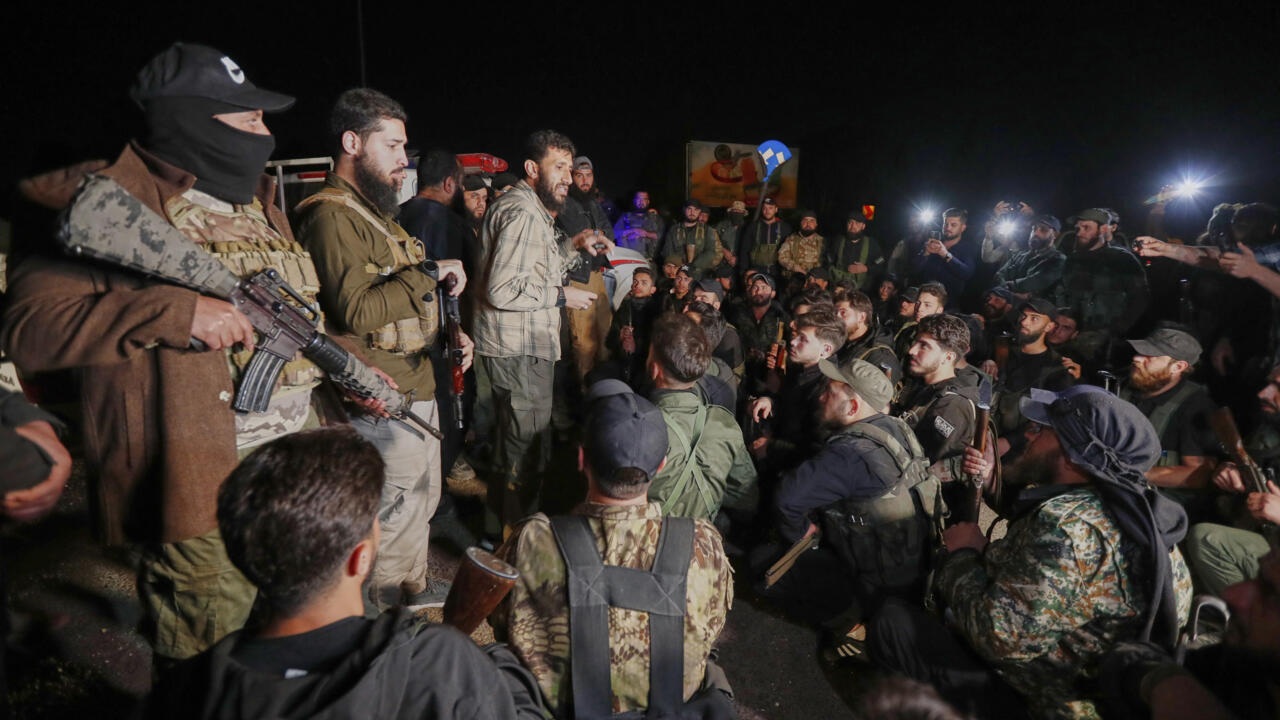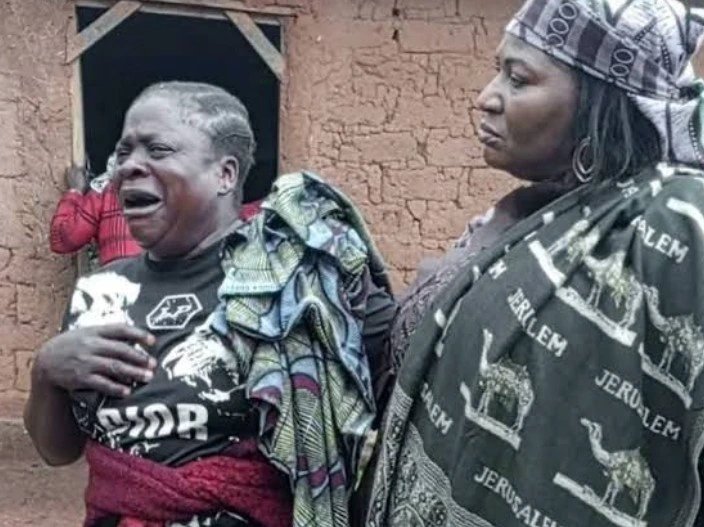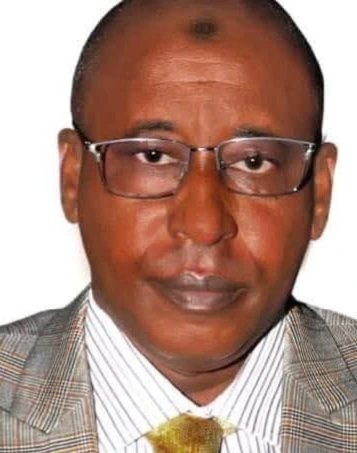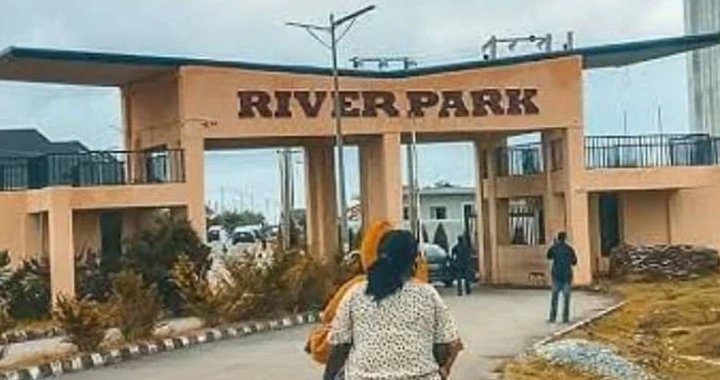News
Israel Strikes Syria to Shield Druze Amid Suweida Turmoil

On Tuesday, July 15, 2025, Israel announced it had conducted airstrikes against Syrian government forces near Suweida.
This intervention occurred as Syrian troops entered the predominantly Druze city, following two days of intense and deadly clashes between local Druze militias and Bedouin tribes.
The fighting, which reportedly began on Sunday, had already claimed approximately 100 lives.
The deployment of Syrian government forces to Suweida marks a significant development, as it is the first time they have entered the province since President Bashar al-Assad’s regime was overthrown by Islamist-led rebel forces in December.
Suweida, a province largely populated by the Druze minority, had until now remained predominantly under the control of Druze militias.
These local forces had resisted previous calls to integrate into the new government’s military structure, maintaining a degree of autonomy.
The events leading up to Israel’s intervention unfolded rapidly.
On Tuesday morning, Syria’s defense minister announced a ceasefire in Suweida, indicating that an agreement had been reached with local dignitaries to allow for the deployment of security forces.
However, this seemingly peaceful resolution was complicated by a call from a prominent Druze spiritual leader, who urged local fighters to resist the incoming government forces.
This divergence highlighted the underlying tensions and mistrust within the Druze community regarding the new leadership in Damascus.
The Israeli Prime Minister, Benjamin Netanyahu, later confirmed that he had ordered the strikes on forces and weaponry in the Suweida area.
Netanyahu justified the military action by stating that the Syrian government “intended to use [them] against the Druze.”
His statement underscored a deep concern for the welfare of the Druze community in Syria.
It emphasized the historical and cultural ties between them and the Druze populations residing in Israel and the Israeli-occupied Golan Heights.
Netanyahu articulated a clear commitment to preventing harm to the Druze in Syria, framing the strikes as a protective measure.
The distrust of minority communities, including the Druze, towards Syria’s new leaders is a critical factor in the ongoing instability.
Despite assurances from the new government to protect all minorities, there remains a palpable suspicion.
This skepticism stems from years of conflict and shifting power dynamics, where minority groups often found themselves vulnerable.
The Druze, with their distinct religious and cultural identity, have historically sought to maintain a degree of self-governance and autonomy, especially in regions where they constitute a majority.
The clashes between Druze militias and Bedouin tribes preceding the government’s intervention further illustrate the complex security landscape in post-Assad Syria.
These localized conflicts, often rooted in historical grievances, land disputes, or resource control, have exacerbated the instability.
The involvement of government forces, even under the guise of restoring order, is viewed by some as an attempt to assert control over a region that has largely remained independent.
Israel’s swift military response highlights its ongoing strategic interests in the region and its commitment to protecting the Druze, who share strong familial and religious bonds across the border.
The Druze community in Israel, many of whom serve in the Israeli military, maintain a significant political and social presence, making their brethren in Syria a matter of paramount concern for the Israeli government.
The potential for a humanitarian crisis or the subjugation of the Druze community by the new Syrian authorities would undoubtedly have significant implications for regional stability.
The Suweida situation is a microcosm of the broader challenges facing Syria as it navigates a post-Assad era.
The new government’s ability to integrate diverse communities and establish effective control without alienating significant portions of the population will be crucial for long-term stability.
For the Druze of Suweida, the future remains uncertain, caught between internal conflicts, the ambitions of a new government, and the protective, yet interventionist, stance of a neighboring power.
The coming days will reveal whether the recent actions lead to a more stable environment or escalate the already volatile situation in southern Syria.
For Diaspora Digital Media Updates click on Whatsapp, or Telegram. For eyewitness accounts/ reports/ articles, write to: citizenreports@diasporadigitalmedia.com. Follow us on X (Fomerly Twitter) or Facebook










